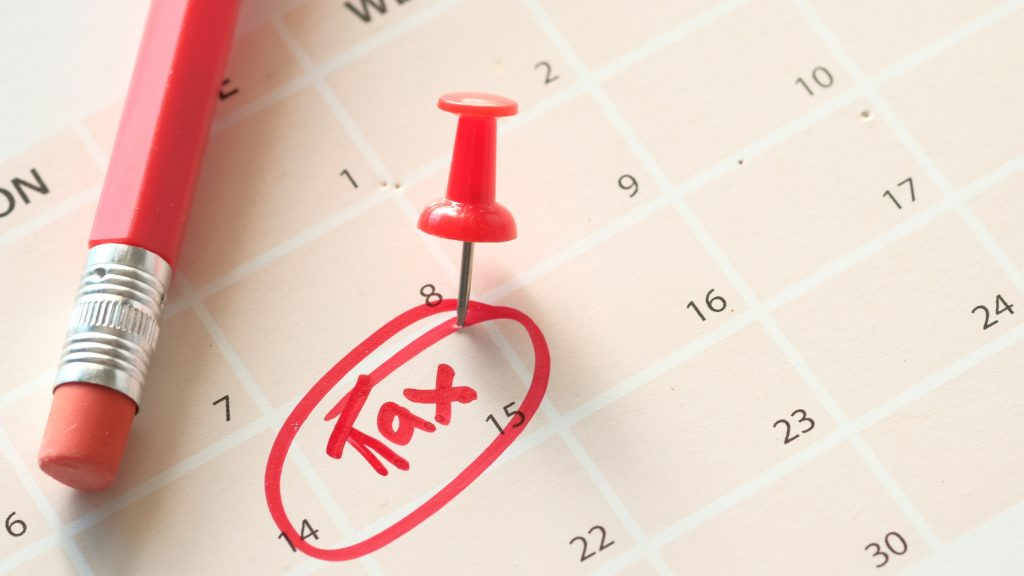This is a comprehensive tax document checklist for seamless tax compliance for businesses and individuals in Nigeria.
For Businesses: Essential Tax Documents
Business Registration and Identification
- Certificate of Incorporation from CAC: This document confirms your business’s legal existence. It is the foundation of your tax compliance journey.
- Tax Identification Number (TIN): Your TIN is a unique identifier for all tax-related transactions with the Federal Inland Revenue Service (FIRS) or Joint Tax Board.
Financial Records
- Audited Financial Statements: These comprehensive reports detail your company’s financial performance and must be prepared according to International Financial Reporting Standards (IFRS).
- Self-Assessment Forms: These documents contain your declarations of tax liabilities, including calculations for Company Income Tax (CIT), Value Added Tax (VAT) and other applicable taxes.
- Tax Payment Receipts: Keep all receipts showing tax payments you’ve made, as these verify your compliance.
Employment and Transaction Records
- Payroll Records: For an employer, detailed documentation of employee salaries, deductions and Pay-As-You-Earn (PAYE) tax contributions is crucial for compliance.
- VAT Returns: Monthly filings detailing the VAT collected on sales and those paid on purchases help calculate your net VAT payable.
- Withholding Tax (WHT) Schedules: Documentation showing the taxes you withheld from payments to suppliers or contractors, including details of amounts and recipients.
Asset and Educational Contributions
- Capital Gains Tax (CGT) Documentation: Records of asset disposals, including calculations of gains and corresponding tax liabilities.
- Tertiary Education Tax (TET) Computations: Calculations showing 2% of assessable profits that fund tertiary education, filed alongside CIT.
Local Compliance
- Business Premises and Development Levy Receipts: Proof of your payment for state-imposed levies on business premises.
- Utility Bills: Recent bills (electricity, water) that verify your business address during tax filings.

For Individuals: Personal Tax Documentation
Personal Identification
- Valid Government-Issued ID: National ID, International Passport, or Driver’s License for tax registration and filings.
- Tax Identification Number (TIN): Your unique identifier assigned by FIRS or State Internal Revenue Service (SIRS).
Income Declaration
- Form A – Personal Income Tax Return: This is an annual form detailing all income you earned from various sources and must be submitted by March 31st each year.
- Income Documentation:
- Employment Income: These include payslips and employer-issued tax deduction cards
- Self-Employment Income: Invoices, receipts and bank statements
- Investment Income: Statements of dividends and interest earned
- Rental Income: Tenancy agreements and rent receipts
Deductions and Payments
- Deductible Expenses and Relief Documentation: Records supporting claims for deductions, such as pension contribution statements, life assurance premium receipts and mortgage interest payment evidence.
- Tax Payment Receipts: Proof of any direct tax payments you’ve made.

Document Management Best Practices
Maintaining good record-keeping habits is as important as having the documents themselves:
- Organize Chronologically: Keep documents sorted by date for easy retrieval when needed.
- Create Digital Backups: Scan physical documents and store them securely in the cloud or on external drives.
- Update Regularly: Don’t wait until tax season—record financial transactions promptly throughout the year.
- Seek Professional Guidance: When in doubt, consult with tax professionals who can advise on your specific situation.
Why Proper Documentation Matters
Beyond meeting legal requirements, maintaining proper tax documentation offers several benefits:
- Audit Protection: If your business or personal taxes are audited, having complete records can make the process smoother.
- Financial Clarity: Well-organized tax documents provide valuable insights into your financial health.
- Penalty Avoidance: Proper documentation helps you avoid late filing penalties and interest charges.
- Peace of Mind: Knowing you’re fully compliant with Nigerian tax laws eliminates unnecessary stress.
To certify that you are compliant, you get a Tax Clearance Certificate (TCC). This is an official document issued by the Federal Inland Revenue Service (FIRS) or the relevant State Internal Revenue Service (SIRS). This certificate confirms that an individual or business has paid their taxes in full or has no outstanding tax liabilities. In Nigeria, the TCC is issued annually and must be requested by the taxpayer.
Final Thoughts
Tax compliance doesn’t have to be daunting. By gathering and organizing these essential documents before filing deadlines approach, you’ll position yourself for a hassle-free tax experience. Remember that tax requirements may change, so it’s always wise to check the latest guidelines from FIRS or consult with Taxpal for advice tailored to your specific circumstances.
